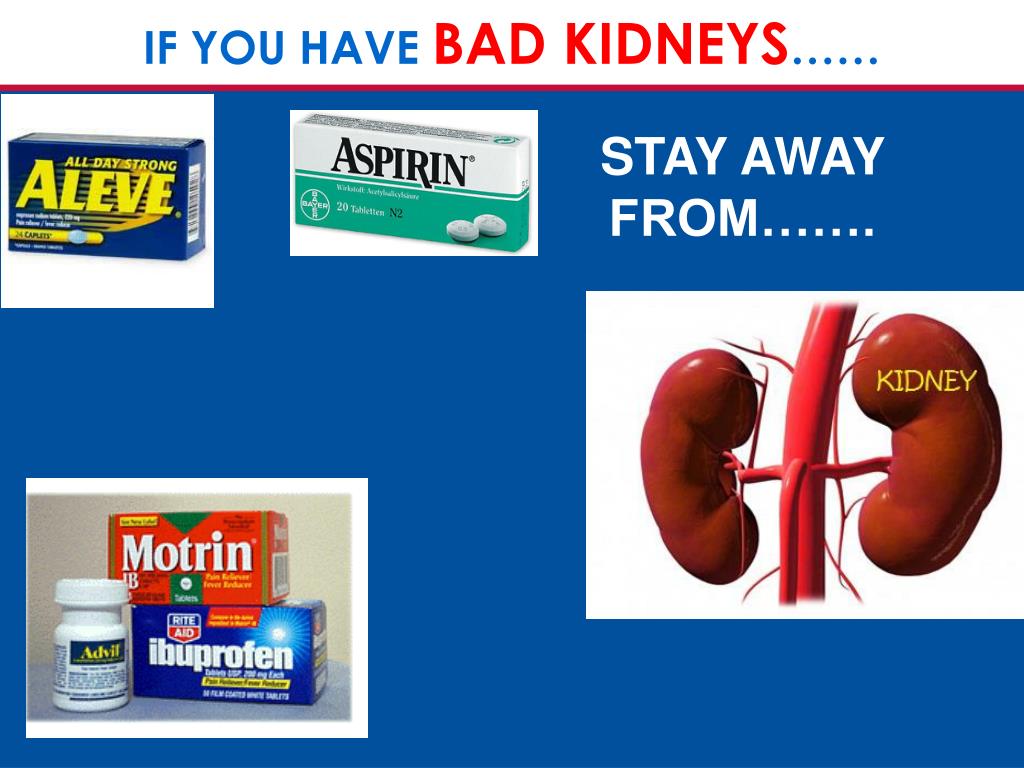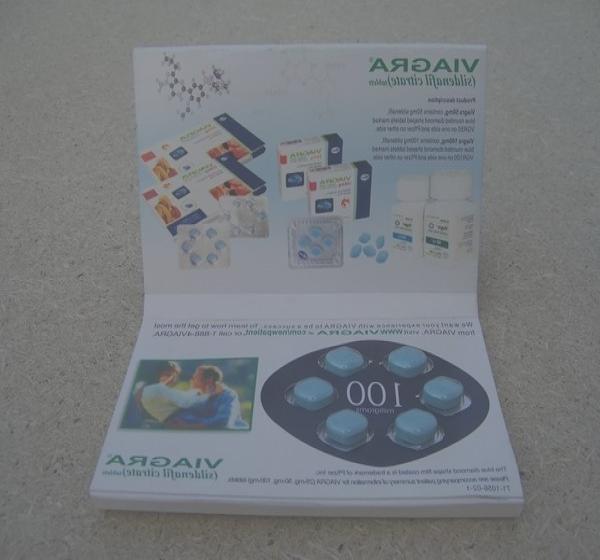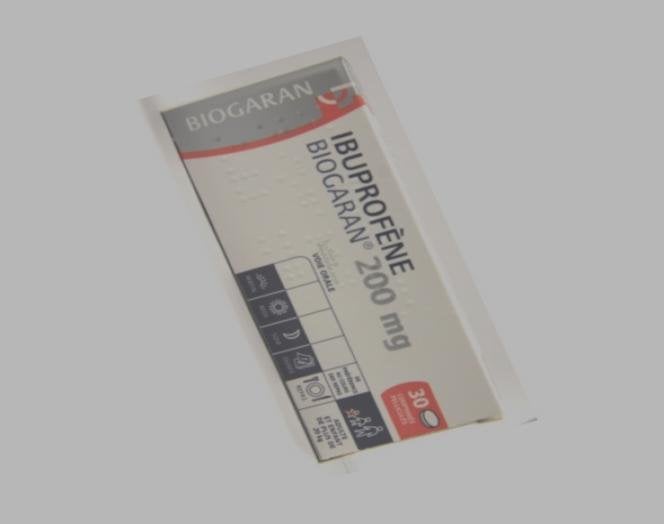How To Safely Take Tylenol
If used in physician recommended doses, taking Tylenol is safe, even for most people with liver disease who do not drink alcohol. Liver damage from Tylenol can depend on several factors. Some of them are:
- The amount of Tylenol you take
- The amount of alcohol you drink
- If you take other medications with Tylenol. Some drugs, including opiods, dilantin, and others, may interact poorly with Tylenol and increase the risk of liver damage; certain herbal supplements can also interact with Tylenol and cause liver damage.
- Your level of nutrition
- Being over 40
- Being a smoker
Whats The Safest Otc Painkiller For An Older Parent
For most older adults, the safest oral OTC painkiller for daily or frequent use is acetaminophen , provided you are careful to not exceed a total dose of 3,000mg per day.
Acetaminophen is usually called paracetamol outside the U.S.
It is processed by the liver and in high doses can cause serious sometimes even life-threatening liver injury. So if an older person has a history of alcohol abuse or chronic liver disease, then an even lower daily limit will be needed, and I would strongly advise you to;talk to a doctor about what daily limit might be suitable.
The tricky thing with acetaminophen is that its actually included in lots of different over-the-counter medications and prescription medications . So people can easily end up taking more daily acetaminophen than they realize. This can indeed be dangerous; research suggests that 40% of acetaminophen overdoses cases are accidental.
But when taken at recommended doses, acetaminophen has surprisingly few side-effects and rarely harms older adults. Unlike non-steroidal anti-inflammatory drugs , it does not put older adults at risk of internal bleeding, and it seems to have minimal impacts on kidney function and cardiovascular risk.
Why Is Tylenol Safer For The Kidneys Than Ibuprofen
Patients with chronic kidney disease can be very sensitive to non-steroidals. Their kidney function can get worse, and their blood pressure can go up. So even though a medicine such as ibuprofen is processed in the liver and is meant to control pain, it can have untoward effects on the rest of the system in this case the kidneys and the blood pressure through complex mechanisms. When this happens Tylenol is usually recommended because it doesnt adversely affect the kidneys. The big downside here is that Tylenol doesnt help decrease the swelling or inflammation.
You May Like: Do You Need 2 Kidneys
Regular Use Of Pain Medicines Doesn’t Damage Kidneys
July 17, 2001 — Aspirin and similar pain medicines are such a part of everyday life — about a quarter of U.S. adults use them weekly — that most of us assume they’re perfectly safe. But for years, doctors have cautioned that regular use of these drugs can cause major damage to your kidneys and cause bleeding in the stomach.
A new study gives us one less thing to worry about: Moderate use of over-the-counter pain relievers isn’t likely to lead to kidney problems, the researchers found. However, two doctors who reviewed the study for WebMD believe overuse of pain medicines, particularly over a long period of time, may still be harmful.
The study in July 18 issue of the Journal of the American Medical Association looked at the use of nonprescription pain medicines such as aspirin, acetaminophen and non-steroidal anti-inflammatory drugs such as Motrin, Advil, or Aleve in more than 11,000 healthy men over a 14-year period.
They found no increase in kidney problems among men who took an average of three or four pills a week The study didn’t look at other possible side effects of these drugs such as harm to the liver or gastrointestinal bleeding.
People in the U.S. tend to drink too little water, and that puts additional stress on the kidneys, Avram says. “When you look at elderly people who drink only a small amount of water, and also take lots of pain medicines, that’s a set-up for disaster.”
If Acetaminophen Isnt Providing Enough Pain Relief

If acetaminophen doesnt provide enough relief for your moms pains, then it may be reasonable to consider over-the-counter NSAIDs, preferably for a limited period of time. But be sure to discuss the risks and alternatives with the doctor first, and be sure to discuss possible non-drug approaches to lessen pain.
You may also want to ask about topical painkillers, such as gels, creams, and patches. These are generally safer than oral medications, because less of the body is exposed to side effects.
Questions? Please post them below.
Recommended Reading: Why Do My Kidneys Hurt
Nsaids Are Bad For Your Heart And Kidneys
Long-term use of NSAIDs can make your body hold onto fluid. This can make the symptoms of heart failure, such as shortness of breath, swollen ankles, and a rapid or irregular heartbeat, worse. NSAIDs can also keep the kidneys from working well. This makes taking NSAIDs risky for people who already have kidney disease.
How Does Liver Damage From Tylenol Happen
The liver breaks down most of the drug into safe components that can be removed from the body in the urine. However, a small amount of Tylenol is expected to be metabolized into a harmful by-product called NAPQI . When Tylenol is taken in recommended doses, your body can quickly remove this toxic by-product in the urine. However, when the liver needs to suddenly metabolize overdose levels of Tylenol, too much of the toxic NAPQI is made and it starts to harm the main cells of the liver .
Don’t Miss: What’s Good For Healthy Kidneys
Acetaminophen Toxicity And Overdose
Acetaminophen toxicityacetaminophen overdose
Whether intentional or accidental, the symptoms and treatment of liver damage are the same. Supporting measures, such as IV fluids and anti-nausea medication, can help someone recover from acetaminophen toxicity. Most people do recover from the effects of an acetaminophen overdose. In rare cases, however, toxicity can progress to liver failure, which would require a liver transplant. Death can also occur following an acetaminophen overdose if not treated promptly.
As the mostly commonly used drug in the United States, acetaminophen is hard for many people to imagine as a substance of abuse. Used for everyday treatment of common aches and pains, the over-the-counter accessibility of the drug makes it a prime candidate for self-medication. When used as directed, acetaminophen is safe and unlikely to cause adverse side effects. When misused or overused, however, acetaminophen toxicity can quickly lead to liver damage.
Liver damage associated with acetaminophen use sends thousand of Americans to the hospital each year. The side effects of acetaminophen use are rarely permanent, but if not addressed appropriately, they can lead to serious liver injury and even death.
Risks Associated With Acetaminophen Abuse
Healthcare professionals warn against overuse of acetaminophen. An overdose can cause severe liver damage and even death.
Safe dosages for adults include no more than 1000 mg taken at one time or no more than 4000 mg taken within a 24-hour period. The recommended therapeutic dose of acetaminophen ranges from 325 mg to 625 mg, depending on the person and condition being treated. Any amounts greater than these can cause serious side effects. Additionally, mixing acetaminophen with other substances can cause fatal overdoses.
Read Also: What Side Is Kidney On
How Bad Is Acetaminophen For The Liver
Acetaminophen, commonly recognized by the brand name of Tylenol, is an over-the-counter pain reliever and fever reducer. It is also an active ingredient in many cold and flu medicines. It is used to treat simple conditions such as headache, arthritis, toothaches, colds, fevers, and muscle aches and pains.
Tips On Safer Use Of Otc Painkillers
In short, the safest oral OTC painkiller for older adults is usually acetaminophen, provided you dont exceed 3,000 mg per day.
If you have any concerns about liver function or alcohol use, plan to use the medication daily on an ongoing basis, or otherwise want to err on the safer side, try to not exceed 2,000 mg per day, and seek medical input as soon as possible.
You should also be sure to bring up any chronic pain with your parents doctor. Its important to get help identifying the underlying causes of the pain. The doctor can then help you develop a plan to manage the pain.
And dont forget to ask about non-drug treatments for pain; they are often safer for older adults, but busy doctors may not bring them up unless you ask. For example, chronic pain self-management programs can be very helpful to some people.
Now if your older parent is taking acetaminophen often or every day, youll want to be sure youve accounted for all acetaminophen she might be taking. Remember, acetaminophen is often included in medications for cough and cold, and in prescription painkillers. So you need to look at the ingredients list for all medication of this type. Experts believe that half of acetaminophen overdoses are unintentional, and result from people either making mistakes with their doses or not realizing they are taking other medications containing acetaminophen.
Don’t Miss: What Eases Kidney Stone Pain
If I Need Pain Medicines What Can I Do To Keep My Kidneys Healthy
Kidney disease caused by pain relievers is often preventable. Here are some things you can do to help keep your kidneys healthy.
How you take these medicines makes a difference:
- Make sure you read the warning label before using any overthecounter analgesics.
- Do not use overthecounter pain relievers more than 10 days for pain or more than three days for fever. If you have pain or fever for a longer time, you should see your doctor.
- Avoid using pain medicines that contain a combination of ingredients, like aspirin, acetaminophen and caffeine mixed together in one pill.
- If you are taking pain medicines, increase the amount of fluid you drink to six to eight glasses a day.
- If you are taking pain medicines, avoid drinking alcohol.
Talking with your doctor about pain medicines can also make a difference:
- If you have kidney disease, ask your doctor before taking a pain medicine, particularly NSAIDs and higher dose aspirin.
- If you have high blood pressure or heart disease, make sure you only take NSAIDs under your doctors supervision. This is especially important if you take diuretic medications or are over 65 years of age.
- Make sure your doctor knows about all medicines you are taking, even over-the-counter medicines.
Is Codeine Bad For Your Liver

Codeine on its own isnt bad for your liver, but when its used in combination with other medications, it can be. One example is combination drugs that include both codeine and acetaminophen.
Acetaminophen is one of the most commonly used medications in the world, and its available over-the-counter in medications like Tylenol. Its considered safe at recommended doses, but if you take it in excess, it can cause serious health problems. The liver processes acetaminophen, and if you take too much, it can cause liver damage.
Acetaminophen in large amounts has been linked to acute liver failure and death. This is why its so important for people taking codeine-acetaminophen combination drugs to follow dosage instructions. The risk of liver problems from acetaminophen is even higher if you use other substances that are possibly dangerous to the liver at the same time, such as alcohol.
Codeine is not bad for your liver on its own, but acetaminophen is, so be aware of this with combination medications.
You May Like: How To Keep Your Kidneys Healthy As You Age
How Tylenol Can Cause Liver Damage
Caitilin Kelly, MD, is a clinical physician at Indiana University Health Bloomington Hospital and is board-certified in internal medicine.
Tylenol, generically called acetaminophen, is a very popular and effective drug taken to relieve pain and reduce fever. Because it’s so well known and it’s so common , it’s sometimes used carelessly which can lead to liver damage.
Be Careful Or Avoid This Common Class Of Painkillers
At the drugstore, the most common alternatives to acetaminophen are ibuprofen and naproxen .
Both of these are part of a class of drugs known as non-steroidal anti-inflammatory drugs . Many people are familiar with these medications. But in fact, older adults should be very careful before using NSAIDs often or regularly.
Unlike acetaminophen, which usually doesnt become much riskier as people get older, NSAIDs have side-effects that are especially likely to cause harm as people get older. These include:
- Increased risk of bleeding in the stomach, small bowel, or colon. Seniors who take daily aspirin or a blood-thinner are at especially high risk.
- Problems with the stomach lining, which can cause stomach pain or even peptic ulcer disease.
- . This can be especially problematic for those many older adults who have already experienced a chronic decline in kidney function.
- Interference with high blood pressure medications.
- Fluid retention and increased risk of heart failure.
Experts have estimated that NSAIDs cause 41,00 hospitalizations and;3,300 deaths among older adults every year.
Recent research has also suggested that NSAIDs cause a small but real increase in the risk of cardiovascular events .
Despite this fact, NSAIDs are often bought by seniors at the drugstore. Perhaps even worse, NSAIDs are often prescribed to older adults by physicians, because the anti-inflammatory effect can provide relief from arthritis pain, gout, and other common health ailments.
Don’t Miss: How Much Sodium Is Too Much For Kidney Disease
Kidney Pain: Tylenol Vs Advil
Kidney doctors are frequently asked to give their opinion on whether a patient should continue taking a nonsteroidal medication or switch to an alternative such as Tylenol or a scheduled narcotic. Chronic pain is very common. After over-the-counter medication has been tried and has failed, patients come to their family doctor for help.
Liver Disease And Acetaminophen: Can You Take It Safely
My doctor told me I cant use acetaminophen because I have liver disease. Is that true?Doctors often tell patients with liver disease that they shouldn’t use acetaminophen, a common over-the-counter pain reliever found in Tylenol and many other cold and flu medications. Acetaminophen is broken down by the liver and can form byproducts that are toxic to the liver, so this warning is not completely without merit.But take it from a hepatologist, acetaminophen is the best option for pain relief for people with liver disease.
Also Check: How To Stop Kidney Pain
Is Codeine Bad For You
Codeine is a medication and can be helpful if used as prescribed and only for a short period of time. It can be an effective pain management medication and can help suppress coughing. However, codeine can be bad for you if you misuse it, take it in ways other than whats prescribed, or use it for prolonged periods of time. Never take someone elses codeine or in a way that isnt prescribed by your doctor.
See More:Codeine Side Effects
What To Do If You Have Heart Problems Or Kidney Disease
When people have pain, they often take pain medicines called NSAIDs . These include:
- Advil and Motrin . Ibuprofen is also in other over-the-counter drugs, such as cold medicines.
- Aleve .
- Celebrex .
NSAIDs help ease pain and inflammation. But if you have high blood pressure, heart failure, or kidney disease, you should not take an NSAID. And you should not take any drugs that have ibuprofen or another NSAID in them. Heres why:
Recommended Reading: What Laxative Is Safe For Kidneys
Why Is The Liver Affected By Tylenol
Tylenol is quickly absorbed into the blood through the gastrointestinal tract. Once in the bloodstream, it begins to relieve pain by increasing your body’s overall threshold to pain and it reduces fever by helping to get rid of excess heat. Ultimately, the blood filters through the liver where most of the drug is metabolized and its components are excreted in the urine.
Is Overdose With Acetaminophen Usually Accidental Or Intentional

In the U.S., suicide attempts account for over two thirds of acetaminophen-related liver injury, whereas accidental overdose accounts for only one third of the cases. In young children, accidental overdose accounts for an even lower percent of the cases. Among these often-curious toddlers, accidental overdose is responsible for less than 10% of the instances of acetaminophen toxicity. The vast majority of these accidental overdoses were due to unintentional overdoses given by the caregivers of the children.
Read Also: How To Tell If Kidney Infection Is Getting Worse
Acetaminophen As A Recreational Drug
Recent studies suggest that acetaminophen isnt addictive and people dont take it to get high. It is, however, an active ingredient in many painkillers, such as Vicodin or Percocet, which are abused for their highs. It is the acetaminophen contained in these drugs that is often the most damaging.
Overdose from acetaminophen causes about 60,000 people each year to go to the hospital, several hundred of which die from associated liver failure.
Acetaminophen is most commonly misused as a recreational drug in conjunction with other drugs. On its own, acetaminophen is widely accepted to be a safe drug and is easily accessible.
People who abuse painkillers, such as Tylenol 3, are often in search of a calm and relaxed high.
More potent forms of acetaminophen, however, such as Tylenol 3, can only be obtained through a doctors prescription, as it also contains a significant amount of codeine, another painkilling drug. Acetaminophen alone is not particularly habit-forming, but the codeine in Tylenol 3 can lead to dependency.
The codeine in Tylenol 3 can cause feelings of euphoria, which leads some people to misuse the drug. Tylenol 3 has also been shown to enhance the effects of other drugs, such as narcotics, alcohol, general anesthetics, tranquilizers, sedative-hypnotics, and other central nervous system depressants. Combining acetaminophen with any of these drugs increases the risk of experiencing the adverse side effects of each drug.